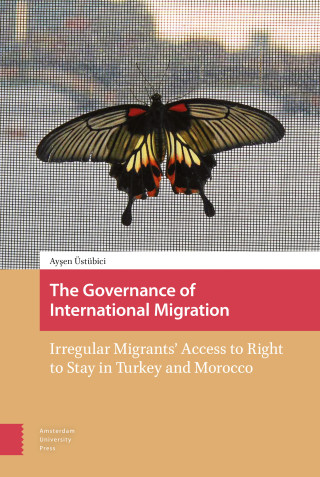This book traces the construction of migrant space in Israel’s urban periphery with a focus on the flat that Filipino care workers co-rent for their day-off and provides insight into the migrant lives and journeys in trans-local contexts. The author selects the flat not only as the central field site for fieldwork but also as an analytical lens for grasping the various social networks and the formation of new identities. Offering a repertoire of migrants’ own narratives, she shows how the flat, as a microcosm of societal constellations of networks, provides opportunities for all sorts of new experiences. The groundbreaking ethnography contributes to migration scholarship by opening up avenues of analysis for space, community, and boundary-making in displacement and provides comprehensive insight into the dynamics of transnational labor migration. This provocative volume will be of key interest to scholars and students of migration studies, urban studies, and more broadly to anthropology and gender studies.

